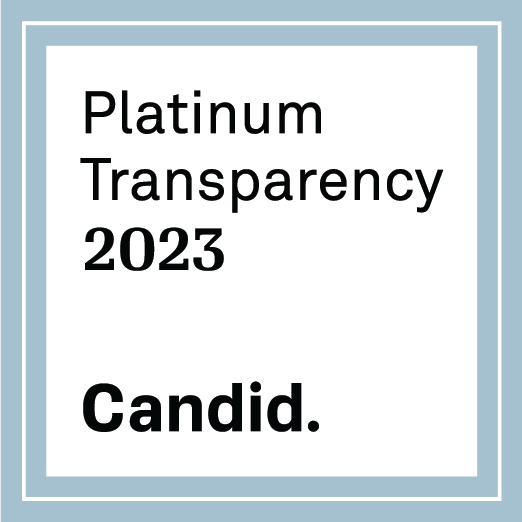Whether you’re on or off the clock, your actions impact the company that pays you. That’s why it’s important to carefully curate any content you post online.
You see, social media is much more than a platform for personal expression. It’s an extension of your professional life. One questionable post could lead to a meeting with your HR department or worse – a letter of dismissal.
While social media platforms offer opportunities for networking and personal branding, they also harbor potential pitfalls that can adversely affect your career.
We’ve seen it time and time again. A person throws caution to the wind and rants or posts controversial content on their personal page. The next thing you know they are fired and any trace of them is scrubbed from the company’s website.
Don’t become your employer’s cautionary tale. Review your social media pages to make sure they don’t cross the line. Avoid the following social media actions that can lead you directly to the unemployment line.
1. Posting Sensitive or Confidential Company Information
Confidential information includes trade secrets, business strategies, financial data and unreleased product details.
Real-Life Consequences:
- Such posts can lead to legal issues for both the employee and the company.
- Employees can face immediate termination, legal action and damage to their professional reputation.
- Example: Jack Teixeira is a member of the Massachusetts Air National Guard. He was arrested by FBI agents for allegedly leaking classified information online.
Preventative Measures:
- Always be aware of what constitutes sensitive information in your workplace.
- Refrain from discussing or showing any work-related content that hasn’t been publicly released.
- Double-check your posts for accidental inclusion of work materials or discussions in the background.
2. Engaging in Public Criticism of Your Employer or Colleagues
Publicly criticizing your employer or colleagues can damage professional relationships and the company’s reputation.It can lead to disciplinary actions, including termination, especially if it breaches company policies or employment contracts.
Constructive Alternatives:
- Instead of venting on social media, consider addressing issues directly with the concerned parties or through HR channels.
- Engage in constructive feedback within appropriate internal forums.
The Power of Perception:
- Social media posts can be misinterpreted or taken out of context, exacerbating the situation.
- Remember that online content is often permanent and can be viewed by a wide audience, including potential employers.
Legal Considerations:
- Be aware of legal ramifications, including defamation, if false or harmful statements are made about individuals or the company.
- Understand that freedom of speech protections do not always extend to the workplace.
3. Misrepresentation of Qualifications and Achievements
Common forms include claiming unearned degrees, inflating job titles or overstating involvement in key projects. It also includes exaggerating qualifications, skills or professional achievements on social media.
Consequences of Misrepresentation:
- Employers often conduct background checks and verify information shared on social media.
- False claims can lead to loss of credibility, termination and long-term damage to your professional reputation.
Notable Examples:
- Former Harvard President Claudine Gay resigned from her post amid mounting claims of plagiarism.
- Former GOP Representative George Santos was expelled from Congress due to fraud and ethics violations. If that isn’t enough, he made claims about his qualifications that aren’t true.
Verifying Information Before Posting:
- Double-check your qualifications and professional history for accuracy before sharing them online.
- Avoid making ambiguous claims that could be misinterpreted as exaggerations.
Long-Term Professional Implications:
- Potential employers often review social media profiles, and dishonesty can be a significant red flag.
- The digital footprint is lasting; misleading information can resurface, affecting future career opportunities.
Seeking Guidance When Unsure:
- If unsure about how to present certain qualifications or experiences, seek advice from mentors or career advisors.
- It’s better to understate or omit details than to risk misrepresentation.
4. Bullying or Harassment on Social Media
Harassment includes any form of intimidating, hostile or offensive behavior directed at individuals or groups. This can range from derogatory comments and threats to sharing demeaning memes or messages about colleagues or clients.
Workplace Consequences:
- Such actions, even if conducted outside work hours, can lead to disciplinary actions, including termination.
- They violate most workplace harassment policies and can create a toxic work environment.
Legal Ramifications:
- Online harassment can have legal implications, including charges of defamation, discrimination or violation of workplace laws.
- Employers are increasingly held accountable for their employees’ behavior, including online.
Impact on Victims and Company Culture:
- Bullying creates a hostile work environment, affecting the victim’s mental health and job performance.
- It can also tarnish the company’s reputation and negatively impact workplace morale.
Think Before You Post:
- Encourage a culture of pausing and reflecting before posting anything that could be interpreted as bullying or harassment.
- Promote positive and constructive online interactions.

We must navigate social media with professionalism and discretion at all times. Not only do the actions we take online impact others, but they also can have far-reaching implications for our careers. By avoiding these common pitfalls, we can ensure that our social media presence bolsters, rather than jeopardizes, our professional standing and relationships.
Join Corporate Counsel Men of Color
Joining a professional organization such as Corporate Counsel Men of Color can help you make an impact on other people. Want to learn more about Corporate Counsel Men of Color? Enroll in our organization today.



